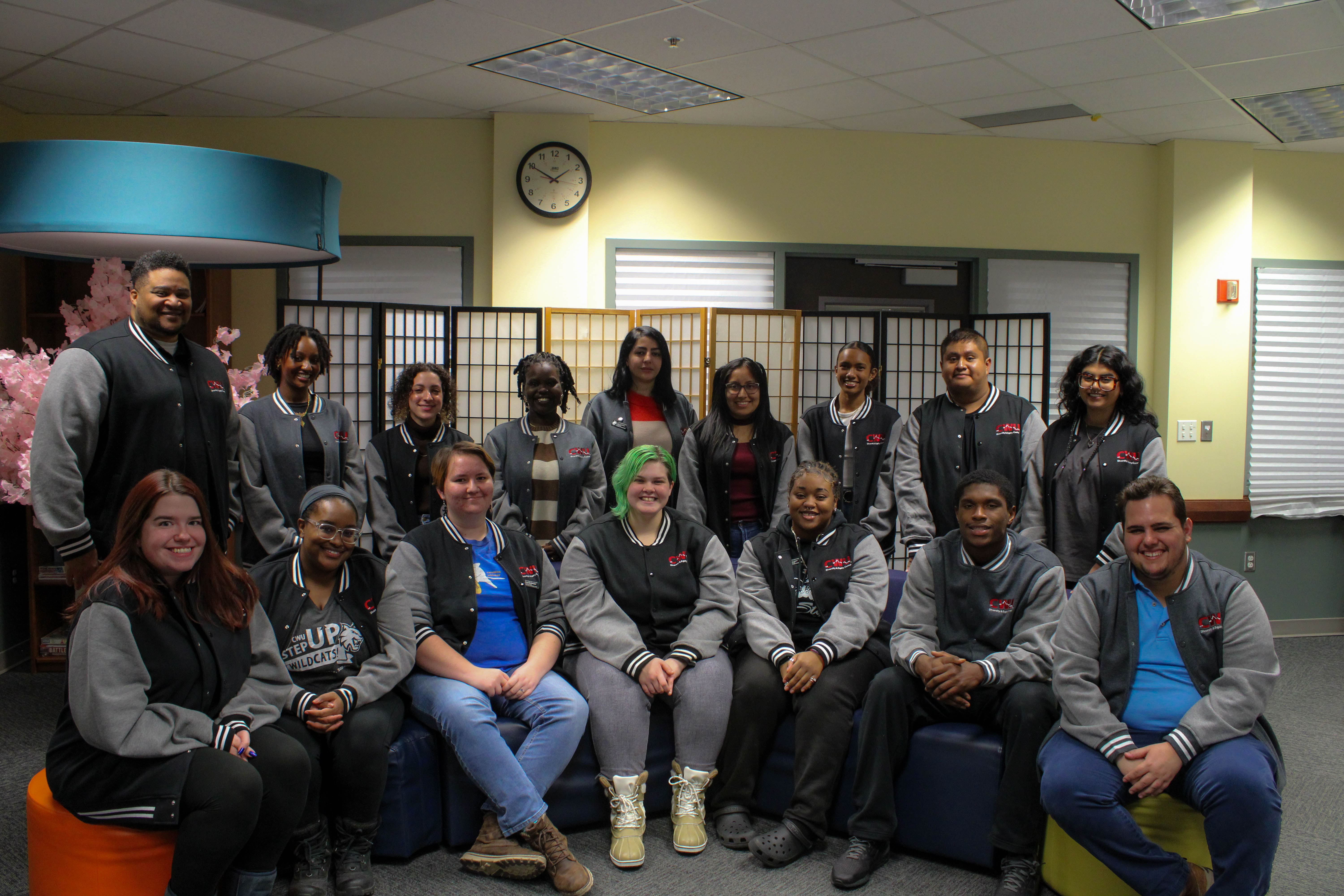
Diversity and Equity Center
Diversity and Equity Center
The Diversity and Equity Center (DEC) centers the needs of students with marginalized identities.
Check out the DEC
We provide holistic student support, identity-based & cultural programs, and social justice workshops to cultivate a sense of belonging and community at Central Washington University (CWU) and beyond.
Programs and Initiatives
DEC Programs include THRIVE, Q*Fam, Culture Corner, Affinity Groups, and more!
Community Resources
Find community resources for diversity and inclusion at CWU.
About the DEC
Read the Diversity and Equity Center's vision, mission, and values.
DEC Core Values:
- Building just relationships
- Loving accountability
- Speaking truth to power
- Reckon with power structures
- Reimagine and rebuild
- Cultivate justice as a practice
- Sustain ourselves with joy
Stay in the Know!
Fill out a Contact Form to be “in the know” about upcoming DEC events and programs!
Additionally, keep up to date with us on instagram, facebook, or email us at diversity@cwu.edu!
General Contact:
- Location: Black Hall 101
- Hours: Monday-Thursday, 10-7 pm, Friday 10-5 pm
- Email: diversity@cwu.edu
- Front Desk: 509-963-2127
Mal Stewman (Director)Justin Santoli (Program Manager/ESC Advisor)
- mstewman@cwu.edu
- 509-963-2122
Victoria Linder (Program Manager)
- justin.santoli@cwu.edu
- 509-963-1651
- victoria.capell@cwu.edu
- 509-963-2196
Land acknowledgement
A land acknowledgement is a formal statement that recognizes and pays respect to the Indigenous Peoples and their traditional territories and ancestral homelands we occupy and whose resources we use.
Central Washington University acknowledges the people who have been on this land since time immemorial. The Ellensburg campus is on lands ceded by the Pshwanapum and other bands and tribes of the Yakama Nation in the Treaty of 1855. The Yakama people remain committed stewards of this land, cherishing it and protecting it, as instructed by elders through generations. We are honored and grateful to be here today on their traditional lands, and give thanks to the legacy of the original people, their lives, and their descendants.
We also recognize the histories of land theft, violence, erasure and oppression of Indigenous communities. It is not enough to only make an acknowledgement. We have a responsibility as occupants of these lands to hear the call to action made by Indigenous peoples, and to support their ongoing fight for sovereignty, equity, justice, healing, and the protection of land resources.
CWU News

CWU Health Sciences to showcase student achievement, opportunities
April 17, 2024
by Rune Torgersen

Passion for performance sends CWU Music standout to Italy and beyond
April 17, 2024
by Rune Torgersen

Winners of first-ever CWU College in the High School Writing Contest are announced
April 17, 2024
by University Relations